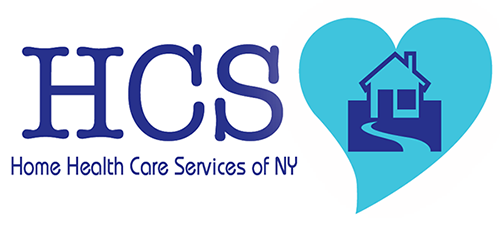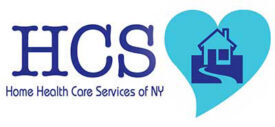
Parkinson’s Disease
Parkinson’s disease is a chronic, progressive disorder of the nervous system and continues for long periods of time, usually many years. Parkinson’s disease affects a person’s muscular coordination. Symptoms include tremor (shaking), stiffness in some muscles, slow movements, and problems with keeping normal posture. The disease is caused by the death of cells in one of the movement control centers of the brain. These nerve cells control body movement.
Effects from Parkinson’s disease, such as fatigue and difficulties getting around, can make activities of daily living — including leisure activities — more difficult. The following tips will help you learn to function independently and successfully in your home.
Treatment is different for every person, and the type of treatment you will need may change as the disease progresses. Age, work status, family, and living situation can all affect decisions about when to begin treatment, what types of treatment to use, and when to make changes in treatment. As medical condition changes, patients may need regular adjustments in treatment to balance quality-of-life issues, side effects of treatment, and treatment costs.
As Parkinson’s disease progresses, the symptoms usually become more disabling. Most people develop mild to moderate tremor. Movement is often slow and limited due to muscular rigidity and the slowing down and loss of automatic and spontaneous movement (bradykinesia). Treatment in this stage is determined by weighing the severity of the symptoms against the side effects of drugs.
A person in the advanced stages of Parkinson’s disease is significantly limited in movement and activity. Symptoms can change daily, and the side effects of drugs can limit their effectiveness. Your doctor may change your drug in order to deal with the symptoms as they arise.
A speech therapist can suggest breathing and speech exercises that can help you overcome the soft, imprecise speech and monotone voice that develop in advanced Parkinson’s disease. Changing how and what you eat can help you overcome problems with eating. For example, sitting upright, taking small bites and sips, and eating moist, soft foods can help you avoid nutrition problems and lessen your chance of choking. Keeping your chin up, swallowing often, and not eating sugary foods can help reduce drooling.
Freezing, or motor blocks, can be dealt with through purposeful movement. Stepping toward a specific target on the ground and making your first step a precise, long, marching-style stride can help you overcome freezing episodes. A physical therapist or occupational therapist may be able to offer some helpful advice to improve your walking and reduce your risk of falling.
Other common symptoms that appear during Parkinson’s disease include depression and sexual dysfunction. Talk to your doctor about ways to overcome these problems. There are medicines that can help these symptoms in people with Parkinson’s disease.
You or your family members may notice that you begin to have problems with memory, problem solving, learning, and other mental functions. When these problems keep you from doing daily activities, it is called dementia. There are medicines that can help treat dementia in people with Parkinson’s disease.
At HCS Home Care, our home health aides receive specialized training to care for patients with Parkinson’s disease. Our home health aides can help you live more safely, comfortably and independently with:
- A customized exercise regimen, initially designed by a physical therapist, to prevent muscle rigidity
- A home assessment to identify safety risks such as slippery floors, obstructed hallways or slippers without backs
- Strategies that make difficult transitions (i.e., sitting, standing or getting into the shower) easier to manage
- Medication reminders
- Encouragement and patience to help ease the emotional distress of living with Parkinson’s disease
Additional resources for Parkinson’s Disease:
National Institute of Neurological Disorders and Stroke
www.ninds.nih.gov/disorders/parkinsons_disease
National Parkinson Foundation
1-800-4PD-INFO (473-4636)
www.parkinson.org
Parkinson’s Disease Foundation, Inc.
1-800-457-6676
www.pdf.org
American Parkinson’s Disease Association, Inc.
1-800-223-2732
http://www.apdaparkinson.org

